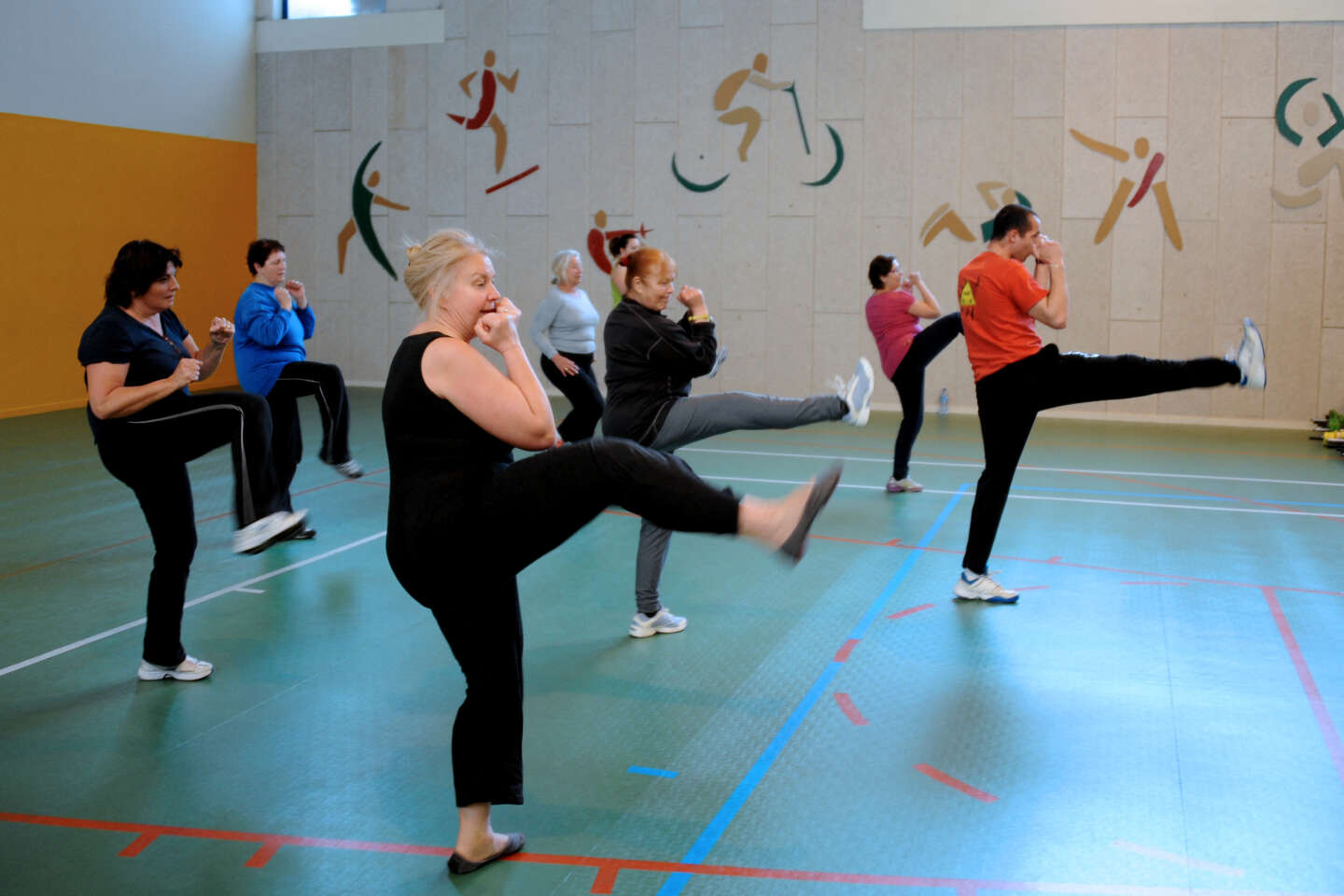

Ten thousand steps and more. The movement finally seemed to be underway. The financial support for adapted physical activity (APA), which has been called for for years by sports health specialists and patient associations, should take a notable step forward on the occasion of the Social Security Financing Bill (PLFSS), presented at the end of September. Without going as far as to reimburse “exercise on prescription” for all chronic diseases that affect more than 20 million people in France, there has been talk of implementing it in the context of cancer and diabetes. The measure proposed by the health insurance company from summer 2022 would potentially affect 7 million French people who suffer from one of these two diseases and are entitled to an APA because they cannot practice independently.
The ace! After weeks of ambiguity and arbitration within the government, on October 20, it finally introduced a simple amendment on the issue and then withdrew it before discussion in the National Assembly, causing an outcry among the specialists involved in the matter and, above all, the patients concerned triggered . The bill was passed by the Assembly without a vote on November 4, after a vote of 49.3.
“Adapted physical activity has once again been sacrificed on the altar of Bercy”is the title of a press release from the Interassociative Cardio-Metabo-Vascular Collective from November 9th. “We are surprised to learn that this amendment was withdrawn for purely budgetary reasons and could not be represented in the Senate, particularly due to a lack of agreement with the general insurers.”write Doctor Jean-François Thébaut, Vice President of the French Diabetic Associationand the co-signatories of the collective, which includes in particular the Alliance du cœur and the National Collective of Obese Associations.
“Put patients at risk”
In their opinion, the blockade came from the supplementary health insurance (AMC), i.e. mutual societies, insurance companies and pension institutions. “While they continue to call for preventive health policies, [les AMC] “contributing to the failure of a project that has finally brought physical activity to the level recommended by all scientific authorities in the world and in particular by French authorities.”, accuses the collective. According to another source, the Ministry of Health and Prevention, which has been much less active on this issue than sport for years, would have been the reason for the decline, as it did not respond in a timely manner to the text of the amendment.
You still have 45% of this article left to read. The rest is reserved for subscribers.





